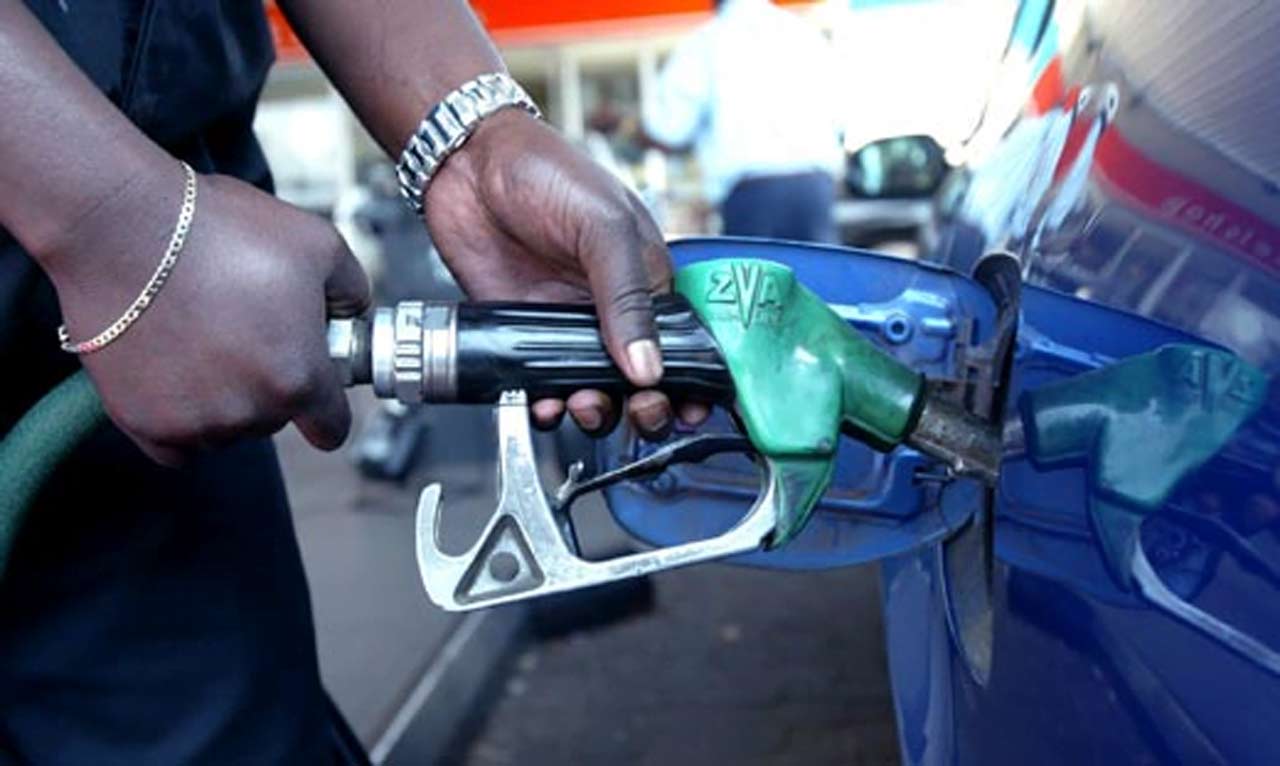SHARE THIS
President Bola Ahmed Tinubu is reportedly considering reversing the removal of fuel subsidy policy as it is not yet yielding the expected results…to allow the poor to breathe.
According to The Cable, with the current economic realities, which appeared that his policies, especially fuel subsidy removal, foreign exchange window unification, and other policies resulting in immediate macroeconomic effects – such as price hikes for transportation, goods, and services – are not yet yielding the expected results, Tinubu will be reversing the subsidy removal.
A Presidency source confirmed that there is yet no final decision, but the proposal is firmly on the table.
“The “realistic” amount of petrol consumed in the country is now known following the removal of subsidy on Tinubu’s inauguration, hence the amount spent on subsidy “can now be controlled,” he said.
This development is coming a day after the Kenyan government reintroduced fuel subsidy to curb soaring prices of petrol, kerosene and diesel in the country.
On Monday, the Energy and Petroleum Regulatory Authority (EPRA), Kenya’s energy regulator, said oil marketing companies will be compensated from the Petroleum Development Fund.
The regulator said the maximum retail price of a litre of petrol would remain constant at 194.68 shillings ($1.35) for the next month, shielding consumers from an increase of 7.33 shillings ($0.05).
EPRA also said small subsidies will be implemented for kerosene and diesel.
“In order to cushion consumers from the spike in pump prices as a consequence of the increased landed costs, the Government has opted to stabilise pump prices for the August-September 2023 pricing cycle,” the statement reads in part.
“Oil Marketing Companies will be compensated from the Petroleum Development Fund.”
In Kenya, retail fuel prices are set in the middle of each month.
The development means the price of petrol, diesel and kerosene will remain unchanged until September 14.
After taking office in September last year, Kenyan President William Ruto removed fuel and maize flour subsidies put in place by his predecessor, citing the need to subsidise production rather than consumption.
He said his administration would reduce food production costs and increase output by subsidising inputs such as fertiliser and quality seeds.
“In addition to being very costly, consumption subsidy interventions are prone to abuse, they distort markets and create uncertainty, including artificial shortages of the very products being subsidised,” Ruto had said.
Recall that within a month of the President’s inauguration, Tinubu announced reforms such as fuel subsidy removal, foreign exchange window unification, and other policies resulting in immediate macroeconomic effects such as price hikes for transportation, goods, and services.
According to a presidency official, the “realistic” amount of petrol consumed in the country is now known following the removal of subsidy on Tinubu’s inauguration, hence the amount spent on subsidy “can now be controlled”.
The hardship occasioned by the policies made the orgnised labour union embark on nationwide protest asking the government to either reverse the decision or find an immediate solution to the pains and sufferings in the country./SHARE THIS
- Tags: PBAT, fuel subsidy




